Over-50s young at heart but fears rise
Older Australians feel around eight years younger than their true age, a new study finds, but they are increasingly worried about their future.
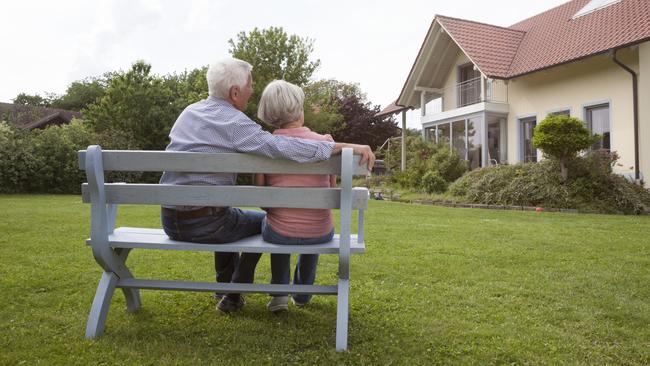
If we’re only as old as we feel, Australia’s over-50s are doing OK. Or so it seems, with a new study finding older Australians feel an average 7.7 years younger than they actually are.
A deeper dive into the Council on the Ageing 2023 State of the Older Nation report uncovers a less optimistic story. The same study in 2018 reported the average difference in perceived versus actual age of over-50s was 10.8 years.
More broadly the new COTA study points to a time of reckoning for older Australians, painting a grim picture of how they are currently living, working and feeling.
Over-50s are increasingly worried about what the future holds, amid social, mental and physical health struggles to bounce back after Covid.
The proportion who are positive about their personal future has declined from 70 per cent to 60 per cent since 2018. Almost half (45 per cent) say things are getting worse for them, up from 33 per cent in the previous survey taken in 2021.
Financial situations are driving negative sentiments, with the cost of necessities and healthcare straining budgets. Renters, particularly, are vulnerable.
One in three says they have experienced some form of age discrimination since turning 50, often employment-related. And a quarter of those still employed believe they will never retire, mostly because they can’t afford to. It adds up to a state of heightened anxiety about the future for many older Australians, COTA Australia chair Jane Halton said.
“Older Australians have seen past recessions and downturns, many are on a fixed income … and many have actively experienced age discrimination, so that anxiety is understandable,” Professor Halton said.
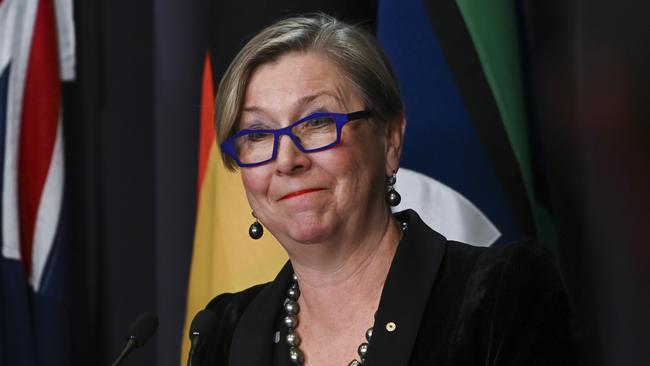
“As a broader society we should not be ignoring this, but recognising it as a legitimate concern. We cannot leave older people feeling isolated and unsupported. We urgently need government to find ways to support older Australians.”
The study, based on a survey of 2,750 Australians over 50, cited cost-of-living as the top reason people felt things were getting worse. Six in 10 nominated cost-of-living as a concern, almost double the proportion in 2021.
Age discrimination remains a persistent problem, the report notes, with one in three older Australians reporting having experienced some form of age-related discrimination after turning 50. Those in their 60s reported being most affected. The most common form was employment discrimination.
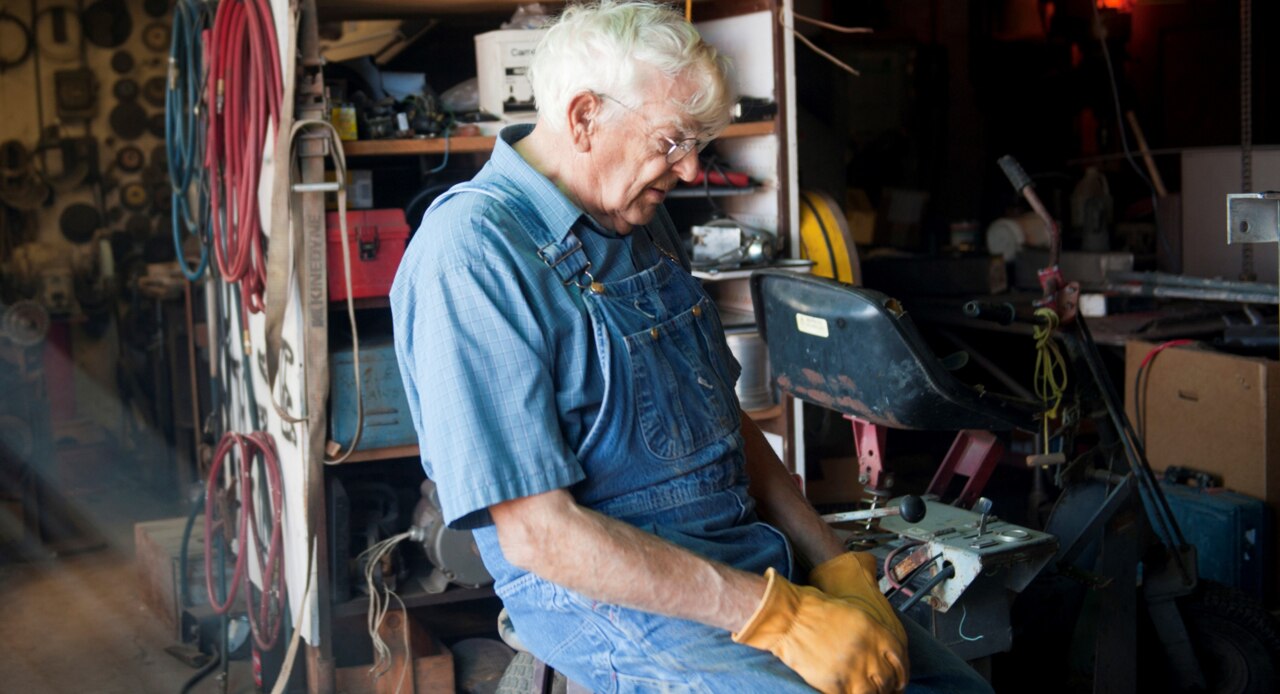
“Among those who experienced employment-related age discrimination, they most frequently reported being treated unfavourably (being sidelined, patronised or not treated as capable) and this was more common among women than men,” the report says.
“Among those who say they were forced into early retirement, they retired on average five years earlier than they wanted to.”
Professor Halton said employers were missing an opportunity.
“Why, in this era of such low unemployment, employers haven’t moved to embrace this cohort of potential workers who are experienced and looking to take on more hours is beyond me,” she said.
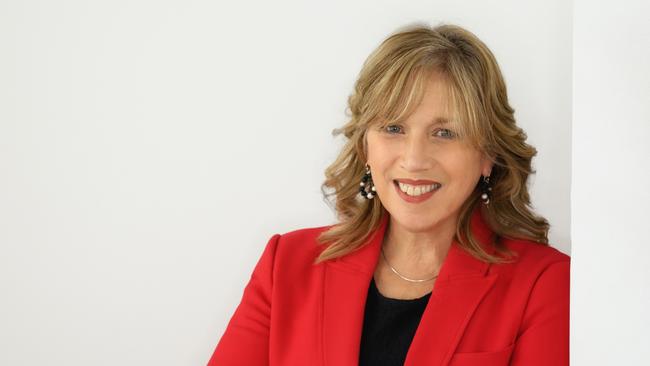
Conversely, a large number of over-50s feel they have no option other than to keep working, the report finds.
“Around a quarter (23 per cent) of older Australians who are still working feel they will never retire, with those in financially precarious or vulnerable positions significantly more likely to feel this way,” it says.
COTA Australia chief executive Patricia Sparrow said ageism “permeates the lives of older Australians and sits underlying this wider trend of growing insecurity.”



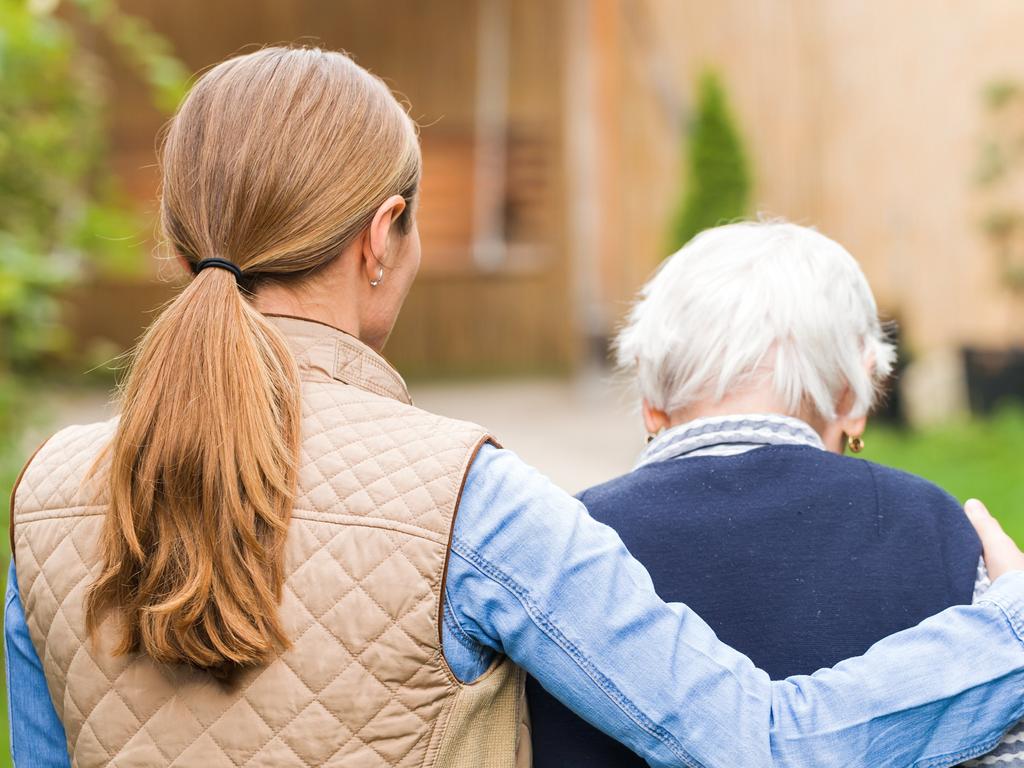




To join the conversation, please log in. Don't have an account? Register
Join the conversation, you are commenting as Logout